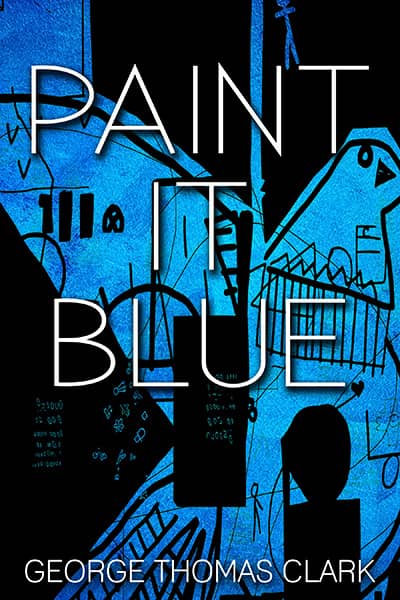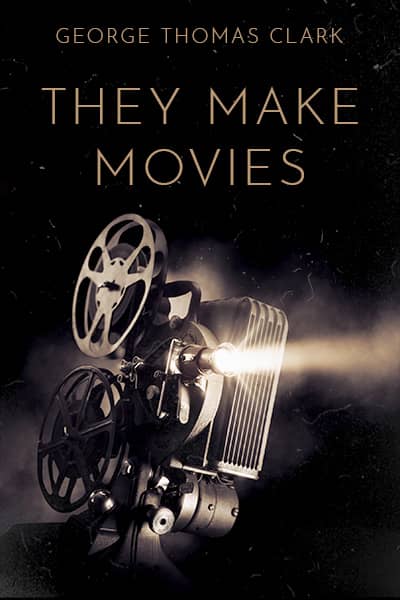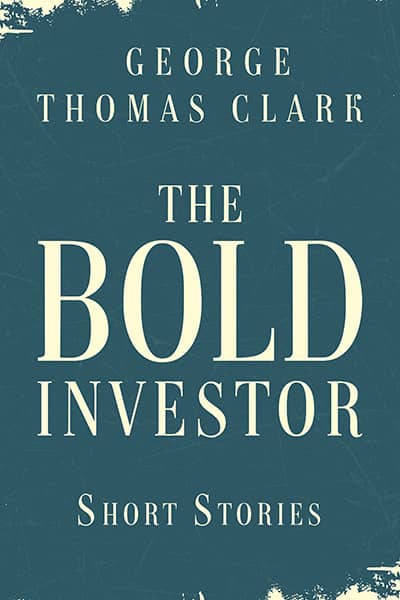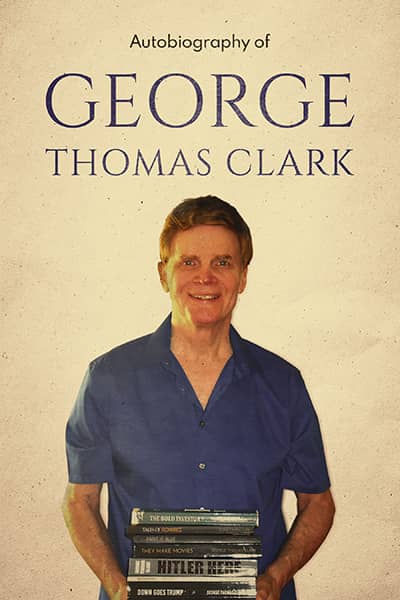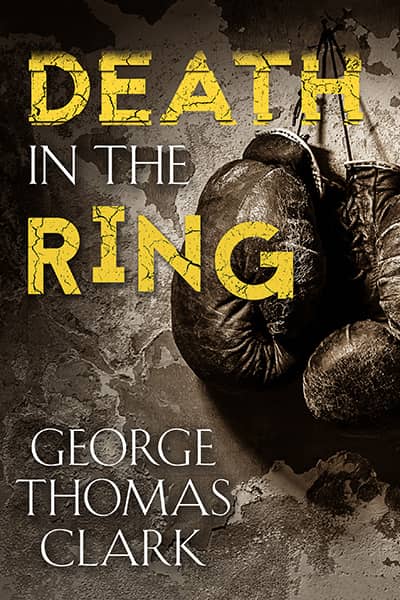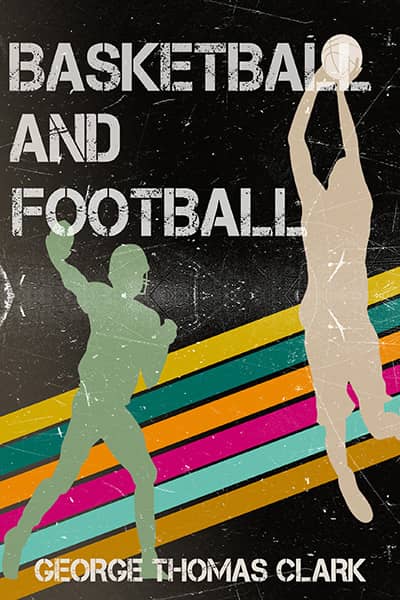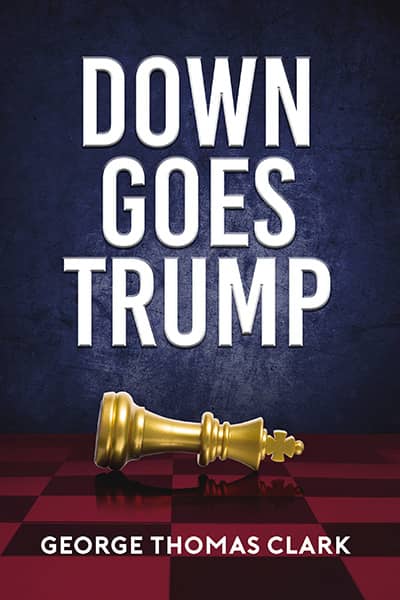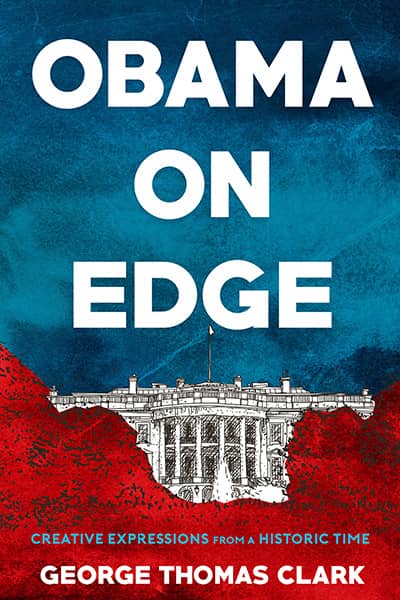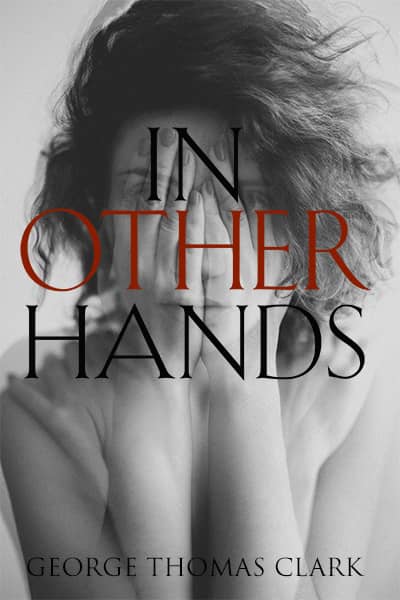Stereotypes Trounced at the Olympics and Elsewhere
August 26, 2004
If someone asked you if you occasionally think about others in stereotypical ways, you’d probably be insulted and deny ever having had even a moment of biased perception. And you’d be full of prune juice. We all, in boundless imperfection, are periodically burdened by our unfair assessments.
However, if you still insist that your thinking is always pure and noble, then I ask you to prove it. You can easily do so. Simply produce a document, handwritten by you and preferably at least a year old, that states the Olympic winner of the men’s 110-meter high hurdles in Athens will be Chinese. He’ll not only be Chinese, he’ll be tall and skinny and only 21 years old. And of course he’s going to trounce everyone while winning the race in 12.91 seconds, and tying one of the oldest and most impressive world records in track and field.
You probably didn’t predict that, did you? That would’ve been pretty tough, even for a high-principled thinker. So let’s try this one. Did you foretell that a 20-year old drug-free white guy from the United States would out-sprint a stellar field down the stretch and win the 400-meter gold with a scorching time of 44 seconds flat? Not likely.
I’ll give you an easier one. Did you predict that the United States men’s basketball team, laden with NBA stars, would get bombed by Puerto Rico, and also lose to Lithuania and Argentina, and have to settle for the bronze medal? Since the NBA stars have already been similarly clobbered this century in the World Championships, this recent struggle might have been foreseeable. You won’t have to document any foreknowledge on this one.
I suppose by leading with the examples above, I’ve revealed some of my own biases. But it’s not having biases that is damaging. What’s insidious is acting as if the biases are insurmountable facts of nature and trying to limit what others can achieve. As a teacher, at conferences and conventions, I have often heard nonwhite teachers tell about experiences from their school years when instructors, based strictly on the students’ skin color or the temporarily-limited English of new residents in this country, told them they weren’t qualified to pursue a good education and would have to resign themselves to a life of unskilled work.
The absurdity of that is belied by the legions of people from all continents and backgrounds who are moving up. They are doctors and attorneys and police chiefs and computer technicians and building contractors and entrepreneurs and politicians and media personalities, and everything else in the pantheon of professions. Many – and perhaps most – of them were once told they couldn’t do it. They’d have to limit themselves to what the stereotypes blared was their destiny.
But they didn’t listen, not forever. They worked at what they believed and began to realize: “Hey, I can do this. I can play with the big boys.” So the kid born poor in Mexico can grow up to be a university president. The black lady raised in the inner city can have her own business. Stuff like that has never surprised me. My strongest biases are definitely related to sports. That’s why for me it’s so surprising a Chinese guy blew away the best in the 110-meter high hurdles, and a white guy out-kicked the world’s swiftest for gold in the 400 meter dash. Hell, a humongous fellow from the Ukraine is the best of the alphabet soup heavyweight champs right now. Anyone looking for big-time inspiration about what the underdog can achieve has only to behold some of the most recent victors in sports.

